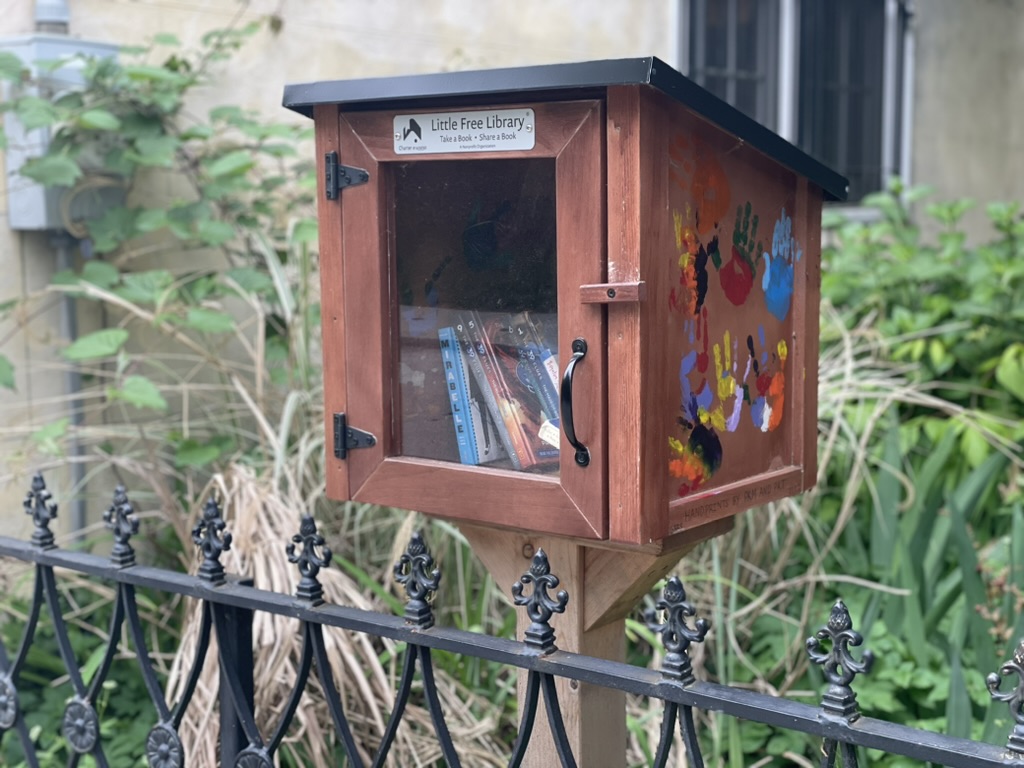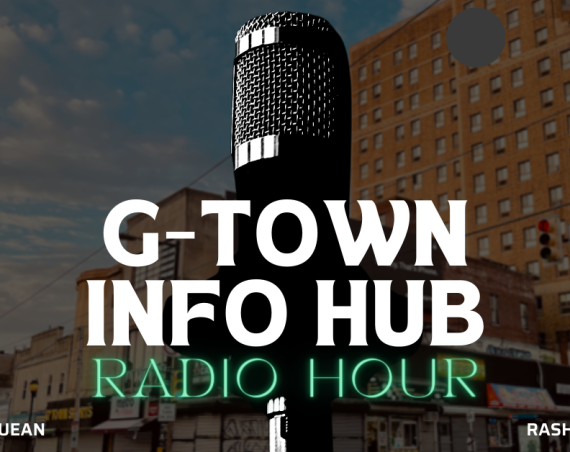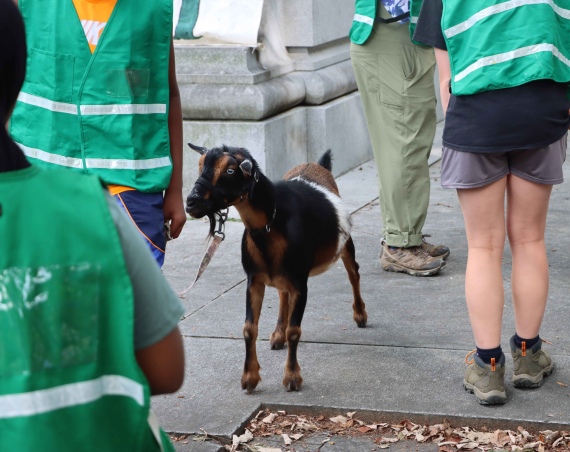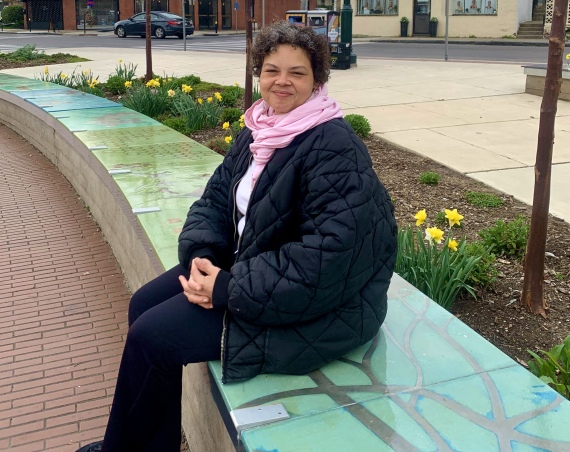
.
Germantown resident Nicola Robinson enjoys talking to her neighbors and being civically engaged. “I’d like to live on a block that I feel pride to come home to,” she says.
For the past three years, Robinson has been a block captain, a longstanding role that offers her the chance to organize street cleanups, communicate with city agencies, and overall become “the shepherd of the block.”
Across Philadelphia, block captains play an essential role in keeping their communities running, but some say it’s difficult to advocate for their neighbors without knowing who else in the city — or even their own neighborhood — is doing the same work.
Block captains are semi-public figures, yet their identities aren’t shared by the City of Philadelphia government. The list of block captains is private, inaccessible to even the block captains themselves. The PMBC says releasing so much as the names of block captains, let alone the neighborhood or block they live on, could put their safety at risk or lead to unwanted solicitation from businesses and organizations.
While neighbors can call the PMBC to request the name of their block captain, the information is not guaranteed to be shared.
Germantown Info Hub’s Rasheed Ajamu spoke to three block captains, who themselves have varied opinions on whether the list should be made public.
“I could see solicitation being a challenge — you’re getting a million flyers in the mail — but I also think that there is a huge missed opportunity not to make the list available to other block captains, to civic associations, RCOs (registered community organizations), different city departments,” Jen Devor, a former South Philly block captain, said.
“If you become a block captain you are signing up for a public office, you are technically elected.”
Jen Devor
In the early days of the COVID-19 pandemic, Devor went door-to-door to her neighbors, sharing everything from health and safety resources to voting information. She thinks her work would have been easier if resource organizations had access to the block captains list.
“I firmly believe that … we would have saved lives and saved a lot of time and energy and resources,” she said.
Robinson, on the other hand, doesn’t want her name to be shared and feels that it’s only important for other people on her block to know about her role.
“I’m a volunteer, and there should be no reason for a volunteer in an unpaid position to, without their permission, have their information shared to random persons, I don’t really think that’s ethical or safe,” Robinson said.
John Zerbe, a Kensington community leader and Resolve Philly Info Hub Captain, thinks that individual block captains should be allowed to choose whether their information is made public.
“I don’t think they should just make it known because I think there’d be a lot of issues with that depending on what neighborhood you’re in,” he said. You can get targeted for being a block captain.”
Zerbe works with block captains in Kensington to organize community events such as art workshops. “If you’re in a neighborhood like Kensington where there’s drugs and violence, you’re sort of looked at like a snitch or something, and they could be targeted. A few years back, block captains were hurt.”
Miles Orion-Butler, born and raised in Germantown, says an elder who was previously a block captain encouraged him to enter the program. He sees that it could be dangerous to share the list publicly in some circumstances, especially if it leads people to believe that captains have authority over city rules.
At the same time, he said, “I think having a list of other people in Philadelphia wanting to connect with their neighbors would be an amazing thing.”
Block captains have a few opportunities to network with one another, including at an annual rally held by the PMBC and by participating in a Clean Block Contest, but neither are attended by all 6,000 participants. Otherwise, connecting across neighborhoods can be challenging. Without the list being made public, it can even be hard at times to prove to other neighbors that they hold a legitimate community role.
Orion-Butler thinks the city could reach a middle ground, whereby more block captain meetings were held, and the emails of captains, at the very least, were shared with residents in the same neighborhood.
“It would be really neat to hear success stories or struggles that people have overcome,” Orion-Butler said. “It’s not like we get a pamphlet that says you’re a block captain, now this is what you should do.”
Devor agrees on a similar middle ground. “I guess my thinking is if the city is truly concerned about the safety issue of the block captains, this could be a compromise where it’s available to resource organizations and important city service entities and not be publicly listed,” she said. “I would have loved to find other block captains to connect with, to share resources, to do bigger block cleanups.”
This piece was originally published in the Equally Informed Philly Community Newsletter, a community-sourced collection of stories and resources published a few times per year. Through the newsletter and our free Q&A-based text messaging service, Equally Informed Philly distributes accessible and actionable news, stories, and resources that center the perspectives and information needs of residents from underrepresented groups, especially those existing within the digital divide. The topic and tone of the newsletter are determined by our Info Hub Captains, a group of local neighborhood leaders across Philadelphia who act as informal reporters by keeping us updated on the most pressing issues of concern where they live. If you’d like more information about our work, send us an email at equallyinformed@resolvephilly.org



